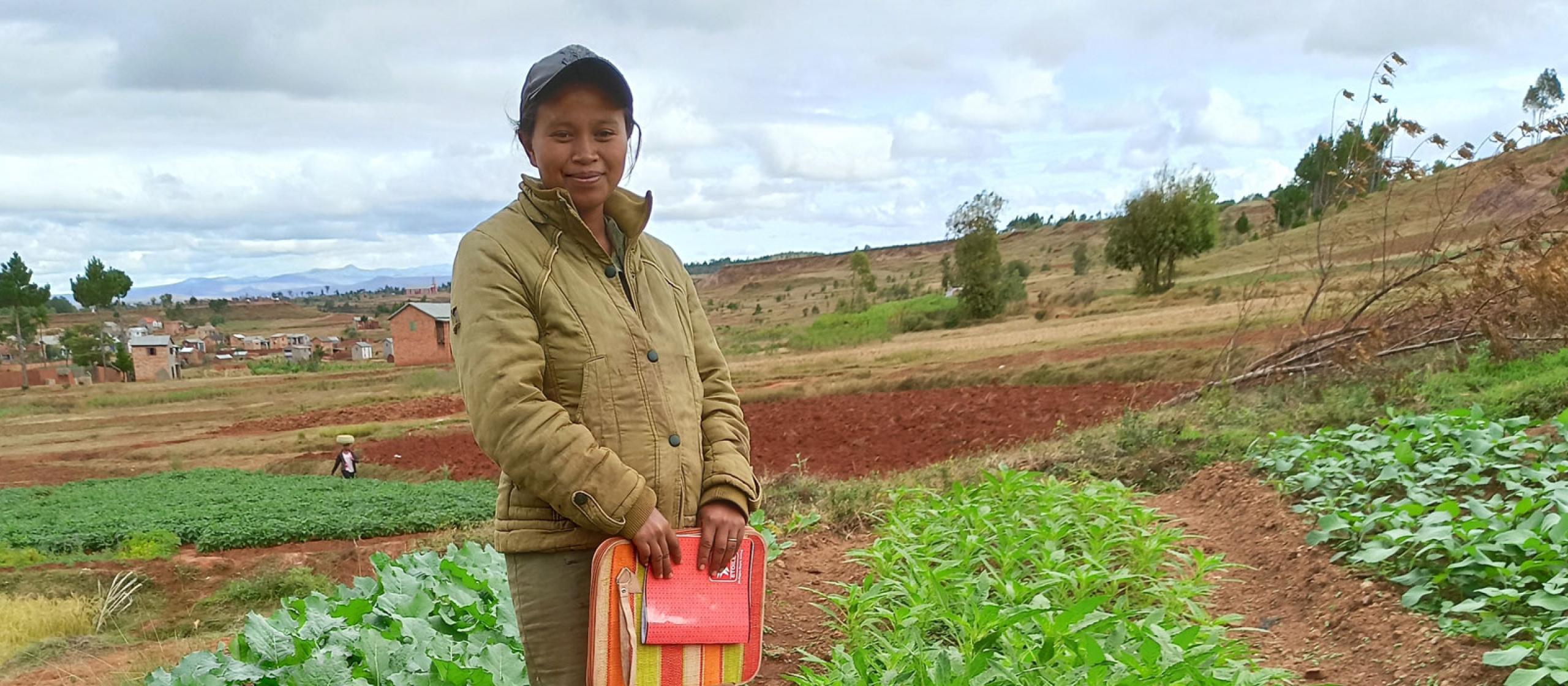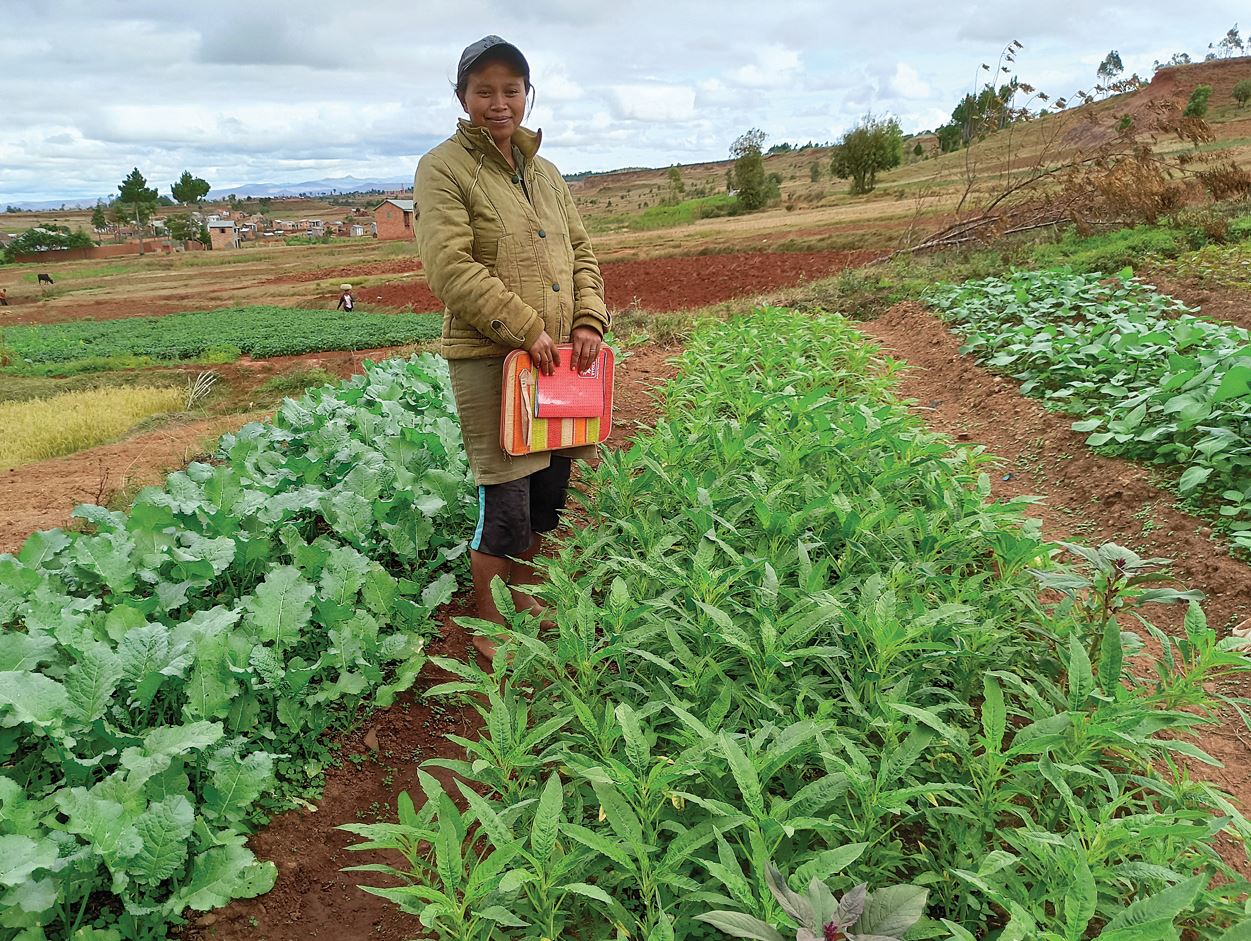Although vegetables are necessary for a healthy diet, very few countries grow enough of them to supply their people. Availability and cost contribute to both poor demand and consumption – yet increasing vegetable intake could vastly boost global nutrition and health.
This is why the role of WorldVeg is important.
WorldVeg is an international non-profit institute with a unique vegetable research and development mandate and a vision to contribute to healthier lives and more resilient livelihoods through greater diversity in what people grow and eat.
‘Our goal is to unleash the nutritional and economic potential of vegetables in low-income and middle-income countries, inclusively and sustainably,’ said Dr Marco Wopereis, WorldVeg director-general.
WorldVeg has an established presence in Asia and Africa, and an extensive network of partners around the world, including ACIAR. These partnerships allow WorldVeg to maintain a global perspective while grounding efforts in local contexts.
Dr Wopereis explained that core funding from ACIAR provides WorldVeg with the flexibility to conduct strategic research in diversity in vegetable seeds, production systems and vegetables in diets. The funding also provides resources for impact assessment studies to guide future research efforts.




